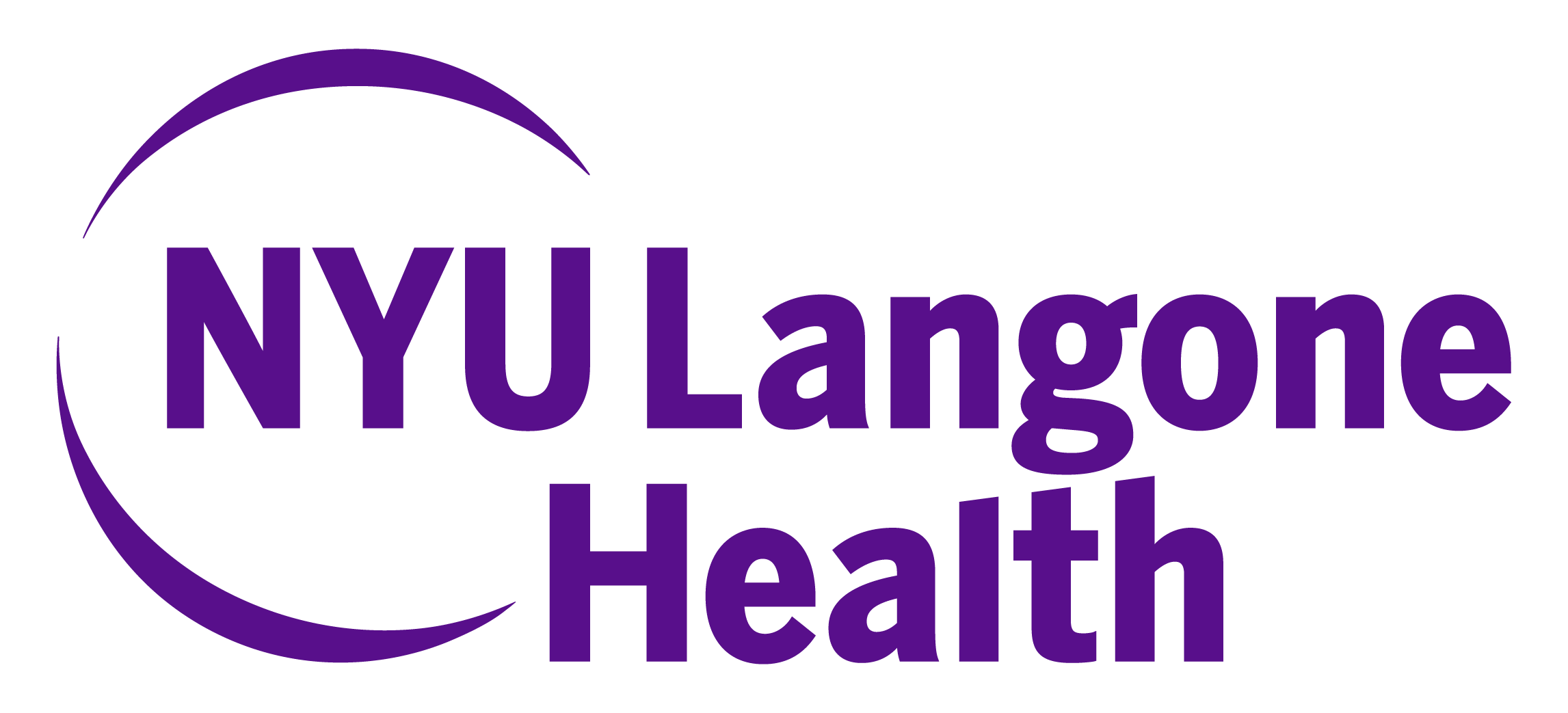- Advertise
- About OncLive
- Editorial Board
- MJH Life Sciences brands
- Contact Us
- Privacy
- Terms & Conditions
- Do Not Sell My Information
2 Clarke Drive
Suite 100
Cranbury, NJ 08512
© 2025 MJH Life Sciences™ and OncLive - Clinical Oncology News, Cancer Expert Insights. All rights reserved.
Dr Krogsgaard on Phosphorylated Neoantigen Targets for Anticancer Vaccine Development
Michelle Krogsgaard, PhD, discusses the identification and potentially utility of phosphorylated neoantigen targets for anticancer vaccine development.
Michelle Krogsgaard, PhD, associate professor, Department of Pathology, Perlmutter Cancer Center, NYU Langone Health, discusses the identification of phosphorylated neoantigens that may serve as targets for anticancer vaccine development, particularly in leukemia.
Investigators, such as Krogsgaard, identified several phosphorylated antigens that originate from malfunctions in tumors, leading to dysfunction in various kinases, resulting in persistent protein phosphorylation. The immune system, typically unaccustomed to these phosphorylated proteins, can recognize them as foreign, Krogsgaard explains. This work focused on understanding how these phosphorylated antigens are recognized by the immune system and involved extensive molecular and structural characterization to elucidate this recognition process. They also explored whether similar antigens are present in other cancers and how these antigens could be utilized for tumor immunotherapy.
Particularly relevant to leukemia, the phosphorylated antigens identified by Krogsgaard's team holds promise because leukemia traditionally does not respond well to conventional immunotherapies such as immune checkpoint blockades. This discovery opens up new possibilities for designing T cell therapies targeting these specific phosphorylated antigens, which are abundantly expressed in acute myeloid leukemia (AML) and other leukemias, Krogsgaard states. This also offers a potential alternative to traditional immunotherapies, providing a new avenue for T cell or cellular therapies in leukemia, she adds.
Currently, chemotherapy remains the primary treatment option for leukemia, while other cancers benefit from immune checkpoint blockade and immunotherapies, Krogsgaard continues. Leukemia has lacked viable antigen targets for T cell therapy, making the identification of phosphorylated antigens a significant breakthrough, she emphasizes. This new strategy could potentially be exploited for the development of cell therapy, providing a much-needed alternative for patients with leukemia, Krogsgaard concludes.


